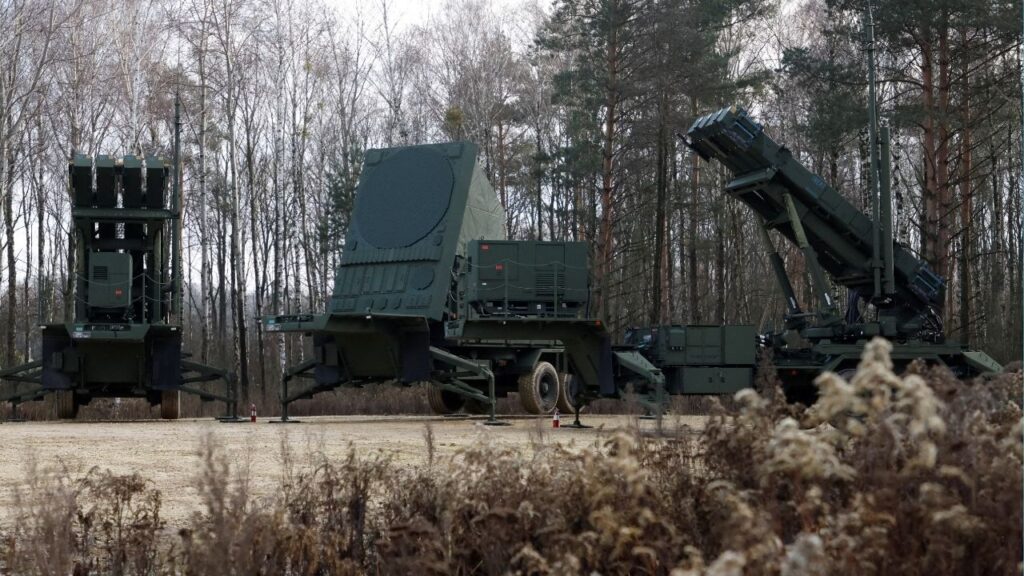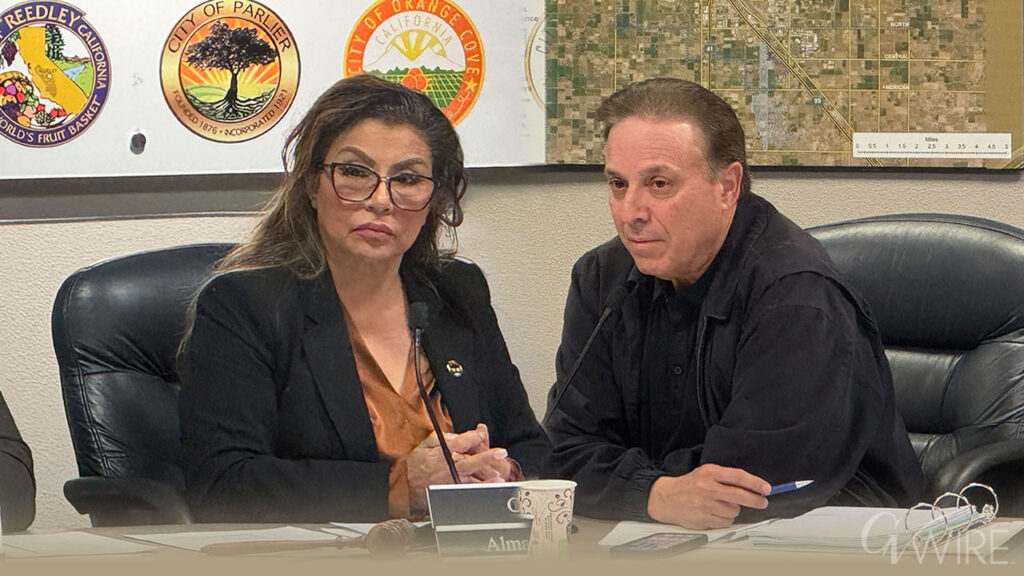American Airlines introduces new boarding tech to curb line cutting at over 100 U.S. airports, aiming to streamline the process.

- New software alerts gate agents if passengers try to board before their assigned group, enforcing orderly boarding.
- Analysts see potential benefits for airlines and passengers but note possible challenges for families with multiple reservations.
- American plans to expand the technology to hub airports in coming months, potentially influencing other carriers to follow suit.
Share
|
Getting your Trinity Audio player ready...
|
NEW YORK — Sneaking a little ahead of line to get on that plane faster? American Airlines might stop you.
In an apparent effort to reduce the headaches caused by airport line cutting, American has rolled out boarding technology that alerts gate agents with an audible sound if a passenger tries to scan a ticket ahead of their assigned group. This new software won’t accept a boarding pass before the group it’s assigned to is called, so customers who get to the gate prematurely will be asked to go back and wait their turn.
Related Story: Portland, Oregon Added to List of Direct Flights from Fresno Airport
Technology Expands to Over 100 U.S. Airports
As of Wednesday, the airline announced, the technology is now being used in more than 100 U.S. airports that American flies out of. The official expansion arrives after successful tests in three of these locations — Albuquerque International Sunport, Ronald Reagan Washington National Airport and Tucson International Airport.
The initial response from customers and American employees “has exceeded our expectations,” Julie Rath, American’s senior vice president of airport operations, reservations and service recovery, said in a statement. She added that the airline is “thrilled” to have the technology up and running ahead of the Thanksgiving holiday.
Related Story: Fresno Officials ‘Beaming’ About Milestone for New Airport Terminal
Analysts Weigh in on New Boarding Process
American got lots of attention when it unveiled its gate-control testing last month. Analysts say that isn’t surprising.
It’s no secret that line cutting in airports hits a nerve. Whether intentional or not, just about every air traveler has witnessed it, noted Henry Harteveldt, an airline industry analyst with Atmosphere Research Group. It can add to frustrations in what can already be a tense environment, with particular anxiety around passengers wanting to sit together or rushing for some overhead bin space.
Harteveldt doesn’t see American’s recent move as “shaming” customers who cut the line. “What it is intended to do is bring order out of chaos,” he said. “And I hope it will defuse any potential flare ups of anger (from) people who simply think they’re entitled to board out of turn …. It’s just not fair.”
Harteveldt added that he thinks this change will enhance the experiences of both customers and gate agents. Others say more time will tell.
Related Story: JetBlue Will Imitate Bigger and More Successful Rivals by Opening Airport ...
Potential Challenges and Future Implications
Seth Miller, editor and founder of air travel experience analysis site PaxEx.aero, said he can see the benefits of more orderly and universal gate-control enforcement, particularly for airlines. But he said he isn’t “100% convinced this is perfect for passengers” just yet.
Families, for example, might be booked on several different reservations across more than one group, he said. Airlines typically have workarounds for that, and American noted Wednesday that customers traveling with a companion in an earlier group can simply have a gate agent “override the alert” to continue boarding. Still, Miller said, “you have to go through the extra hoops.”
And a difficult customer still might choose to hold up the line and argue when they’re not allowed to board, he added.
Another question is whether customers who encounter a beep will walk away feeling embarrassed. But Harteveldt said he was happy to learn that American’s alert is “not a bellowing sound that can be heard throughout the terminal,” or accompanied by your name read over a loudspeaker, noting that this is important to avoid feelings of shame.
Expanding this technology just a week before peak Thanksgiving travel could be “both good and bad,” Harteveldt adds. On one hand, the tech could help significantly improve the boarding process during such a busy time, he said, but airport employees might also have appreciated more time to prepare.
Both Miller and Harteveldt said they wouldn’t be surprised if other carriers soon follow American’s lead. Headaches over airport line cutting are far from new. While maybe not to the extent of American’s new tech, Miller noted he’s seen gate agents from other airlines ask people to leave a line and wait for their group. Harteveldt added that he’s been to some airports in Asia and Europe with “sliding doors” that ensure passengers are in the right group before boarding a plane.
The more than 100 airports that American is now using its gate-control technology in are all spoke, or non-hub, locations — including Austin-Bergstrom International Airport and Hartsfield-Jackson Atlanta International Airport. The airline says it expects to further expand to its hubs and other airports in the coming months.



















